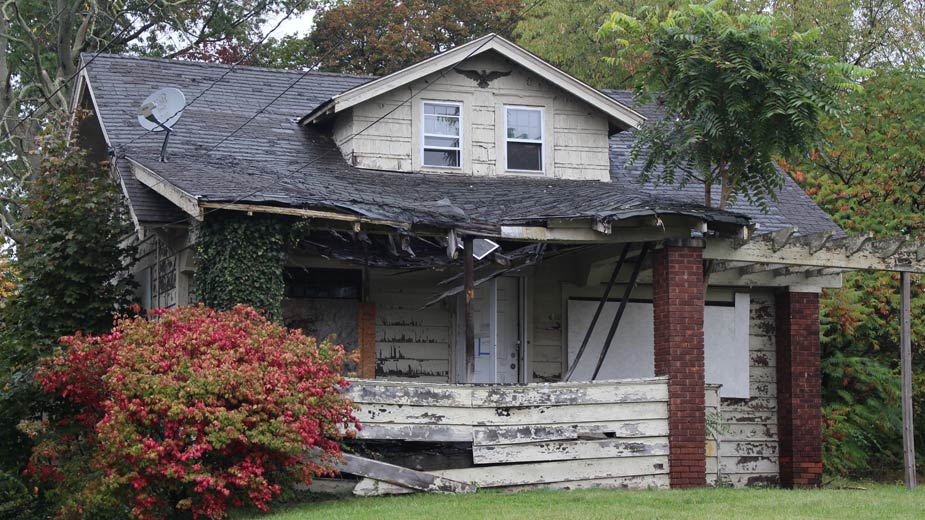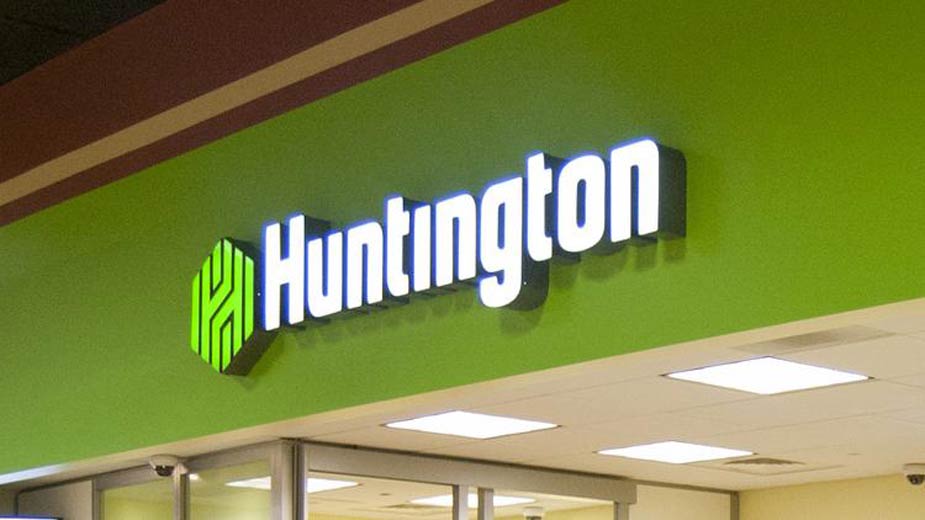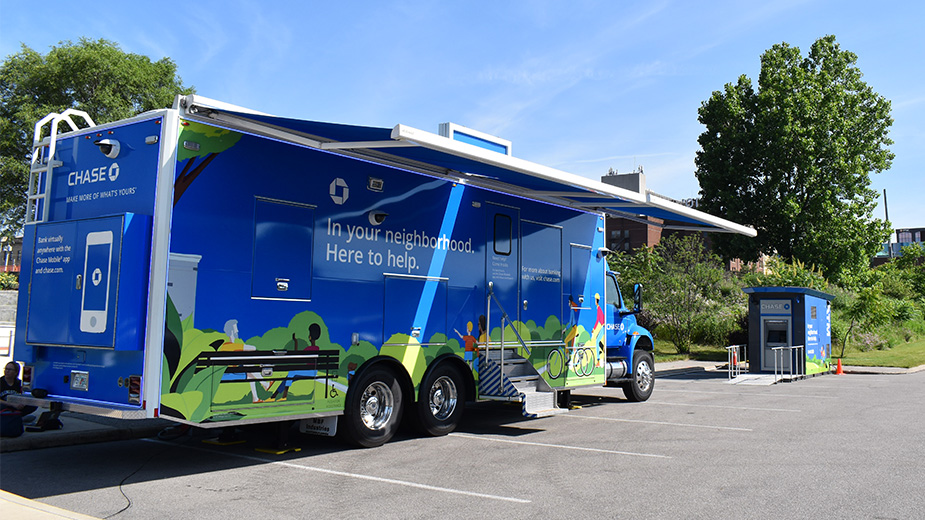It’s a Scam: Land Contracts on Uninhabitable Houses
YOUNGSTOWN, Ohio — The visual might be comical if it weren’t so sad.
Behind the disintegrating front porch roof at 226 E. Lucius Ave.,hangs a sign advising that the property has been winterized. Just a few yards away, a tree grows through an attached trellis.
The house, owned by Vision Property Management, a South Carolina company, provided the backdrop Friday for a news conference to outline legislation introduced by state Rep. Michele Lepore-Hagan to regulate land contracts.
Vision, along with Harbour Portfolio Advisors in Texas and other out-of-town firms, own properties in Youngstown and elsewhere in the Mahoning Valley. Many of these properties are under land contracts that critics say offer predatory terms.
“Companies have swooped into Ohio and other states devastated by the collapse of the housing market, bought homes for pennies on the dollar, inflated the values of the homes, then enticed borrowers into entering into a high-interest, long-term loan that they have little if any chance of ever repaying,” Lepore-Hagan said.
“They employ a series of predatory tactics and practices,” said Ian Beniston, executive director of Youngstown Neighborhood Development Corp. “They require the occupant – the vendee – to make all of the repairs and they charge interest rates well above market, into the double digits.” The companies also inflate the values, selling a property they bought for $3,000 for $30,000.
“These companies are picking up on the wreckage of the foreclosure crisis, buying properties and using unregulated predatory practices to take advantage of people, particularly low-income people,” he continued. “They target minority neighborhoods the most.”
 State Rep. Michele Lepore-Hagan, Ian Beniston, executive director of YNDC, are supported by Action leaders Rose Carter, Pastor David Kamphuis, Kate Venable, Jacquie Hays and Robin Woodberry at a news conference Friday.
State Rep. Michele Lepore-Hagan, Ian Beniston, executive director of YNDC, are supported by Action leaders Rose Carter, Pastor David Kamphuis, Kate Venable, Jacquie Hays and Robin Woodberry at a news conference Friday.
Beniston and YNDC brought the issue to Lepore-Hagan’s attention. YNDC, which has repaired homes for low-income homeowners for the past few years, discovered many homeowners who contacted the organization for assistance didn’t actually own their properties and were in a land contract, with the property legally still in the company’s name.
The problem is throughout the Midwest and beyond, and locally is not confined to Youngstown, Beniston said. Other communities include Boardman, East Liverpool and Warren, he reported.
Land contracts, if used correctly, offer an avenue to home ownership for individuals who don’t qualify for a conventional mortgage, Lepore-Hagan said.
“It’s unfortunate that a growing number of dishonest firms are using this agreement to trap trusting buyers into a predatory situation,” she remarked. “My bill will stop this type of exploitation and manipulation that’s wrecking families and destroying our neighborhoods while preserving the opportunity for home ownership.”
The legislation, if passed by both houses of the Ohio General Assembly and signed into law by the governor, would require owners to bring properties up to code and pay all taxes, fees and fines attached to them prior to entering into and contracts with buyers.
“It’s to protect people that just want to own a home. We want people in homes and we want to protect our neighborhoods,” Lepore-Hagan said.
The legislation is modeled on policy recommendations for strong state law from the National Consumer Law Center, Beniston said.
“This is something that is very near and dear to our hearts,” said Rose Carter, executive director of the Alliance for Congregational Transformation Influencing Our Neighborhoods, or Action. “One of the things that we’ve been focusing on for the past two years is racism and we feel that predatory lending and this type of lending is a part of racism.”
Much of the out-of-town buying targets low-income neighborhoods, where many minorities reside.
The East Lucius Avenue property is “part of the wreckage” companies like Vision leave for communities to address through receivership and spot blight initiatives, Beniston said. Neither the city nor anyone “should have to foot the bill” to address properties like these or live next to a house like this.”
YNDC, Action and other local organizations are planning a bus trip in the coming weeks to visit the Vision offices in South Carolina, where they plan to rally on behalf of Mahoning Valley communities, Carter said.
On that trip, Beniston plans to present Vision with a bill for addressing its properties. He could not say specifically how much that bill would be, but estimated that YNDC and other local entities have spent in the tens of thousands of dollars to deal with Vision and Harbour properties.
Action and other organizations also are planning an Oct. 29 forum to discuss the issue. It will take place at 3 p.m. at Mt. Zion Baptist Church.
Beniston said buyers who are in these contracts can consult with Community Legal Aid attorneys, who keep office hours at YNDC, to review the agreements and potentially challenge provisions on their behalf for free. In addition, multiple agencies thought the region provide housing counseling services to help people avoid entering such agreements.
The Business Journal, Oct. 12, 2017: Legislation, Activists Target Predatory Land Contracts
Working Class Studies Blog, Oct. 9 2017: Cleaning Up the Lease Option Mess in Working-Class Housing
Pictured at top: The house at 226 E. Lucius Ave. owned by Vision Property Management.
Copyright 2024 The Business Journal, Youngstown, Ohio.


